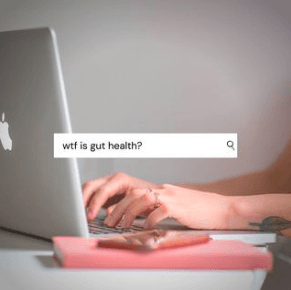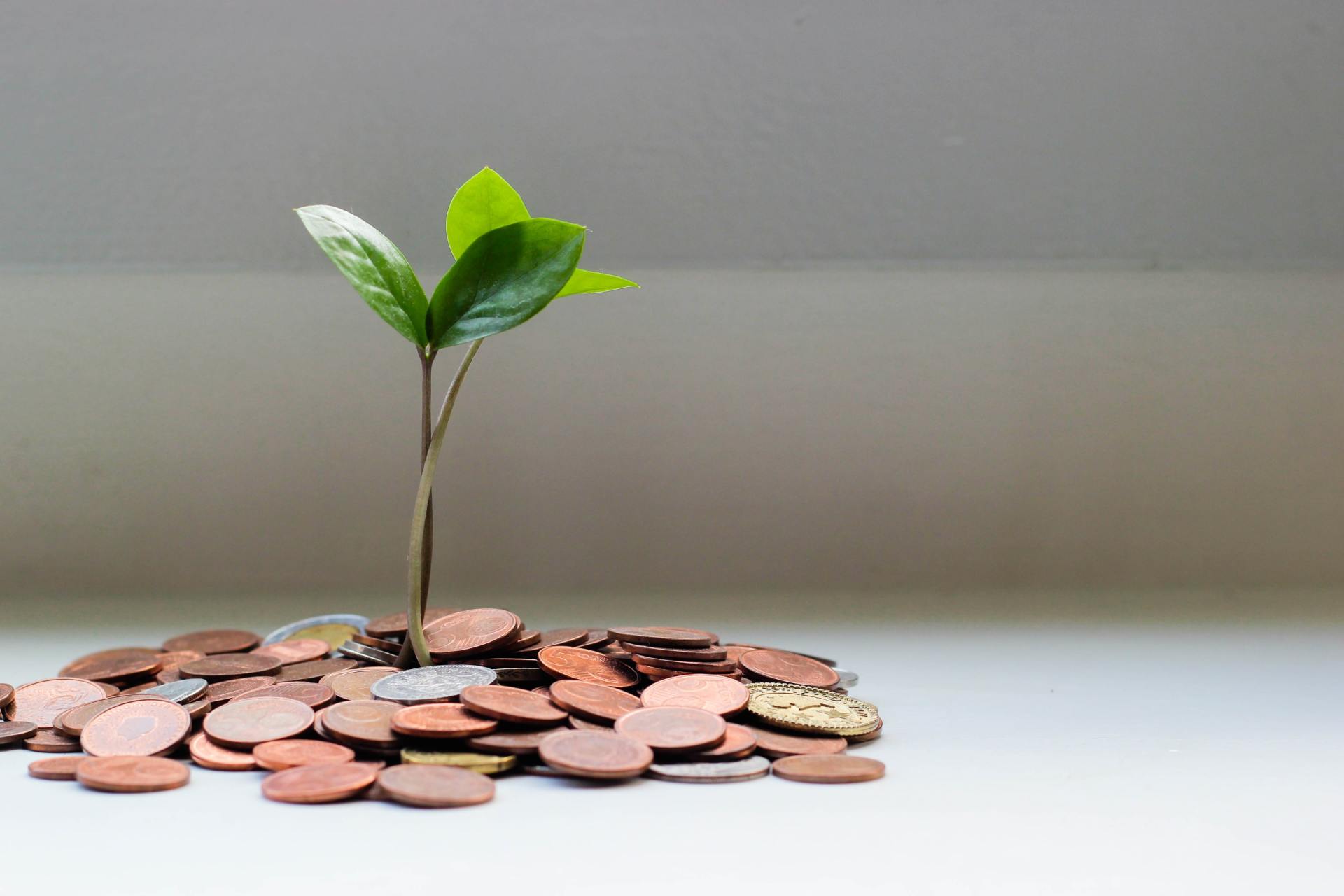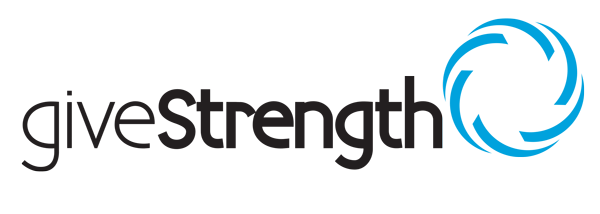
The term "gut health" is super buzzy these days - but wtf does it even mean? Growing scientific evidence shows that our overall mental and physical health has a strong connection to our gut (aka our gastrointestinal tract). So, when our gut is healthy, we are more likely to be healthy! The health of our gut effects immunity, mood, mental focus, digestion, nutrient absorption, skin health, cravings, and more. We've broken down some "do's & don'ts" to make sure you're doing everything you can to be set up for gut health success. Do: • Consume enough fiber. Over 90% of adults in the United States don't get enough fiber, which acts as food for the healthy bugs in our gut. • Sleep 7-9 hours each night. Sleep is important for all kinds of rest and recovery functions in our body, including our gastrointestinal tract. • Have a healthy social life. Meaningful relations improve gut health. • Exercise regularly. People who exercise tend to have more diverse microbiomes. • Take a probiotic to replenish helpful bacteria lost to stress, antibiotic use, and other factors. Don't: • Drink alcohol excessively. • Use artificial sweeteners - they are poison to good bacteria. • Consume a lot of added sugar. Sugar is unhealthy for good bugs and can change our microbiome to crave even more sugar. • Eat constantly. Our gut microbiome responds well to periods of limited digestion. Try skipping breakfast a few times per week and finishing your final meal at least 3 hours before bedtime. • Sit in stress. Our mental health impacts our gut, and our gut impacts our mental health. Implement a regular meditation, mindfulness, or a gratitude practice. ete this default text and start typing your own or paste your own from a different source. For more on gut health visit our partner at www.fullinutrition.com .

April 19th marked the conclusion of the first month under stay at home orders in California, and while staying safe and healthy is top of mind, many are starting to face a new financial reality. As thousands of businesses are forced to shut their doors and millions of Americans file for unemployment, many people are starting to ask themselves, “Will I run out of money before this ends?” Let’s first reword this question to be less focused on scarcity (“running out”) and more on solutions and possibility. This article will help you answer the question, “How much money do I need to outlast the current financial environment.” People survive, and thrive, in uncertain times - so let’s decide to thrive using the 5 steps below! 1. Find out exactly how much money you are bringing in. If your income has been affected by the Coronavirus, than this number may look completely different than your typically monthly income. While your new income may eventually include unemployment benefits, don’t factor this in until the funds are actually in your bank account. This income can also include side hustles or creative ways to make money right now, like selling used clothing online. Write it all down. 2. Figure out your minimum monthly burn rate. What is the total of your essential monthly expenses? This includes minimum debt payments - we don’t want to add late fees and penalty interest rates to your financial responsibilities. It’s important to exclude non-essential expenses from this number like entertainment, memberships, restaurants, shopping, etc. If there is money left over essential needs you can revisit what non-essentials are important to you and what fits with your budget. 3. Schedule time to call all of your creditors and service providers to renegotiate. ee what debts or payments can be reduced or deffered in order to reduce your monthly burn rate. This could include car loans, car insurance, credit cards, rent/mortgage, students loans, etc. 4. Apply for all relief programs and assistance you may be eligible for. There are various government loan programs, private grants, and unemployment insurance options available to almost everyone who has been affected by Covid-19. It is vital that you view this money as “nice to have” but not essential in your plan. As we saw with the PPP loans - these programs can run out, amounts that you can qualify for can change, and you don’t have any guarantees until the money is in your hands! That being said, it's worth applying for as much free money as you can. Start with unemployment insurance and government loans, then search for grants applicable to you: there are grants for specific industries, locations, and other differentiating factors like gender and race. Allocate some time to find and apply for any you may eligible for. 5. Earn More. I know this one can seem overwhelming, but I also want you to get real with the situation you may find yourself in - if you are not where you want to be financially and have already worked on limiting your expenses and looking for relief options, the best thing to do is to create more money. Obviously this step will look different for everyone, but a good way to start is by thinking about what you are good at and how that can help people during this time. A perfect example is how many fashion brands are now using the materials and equipment they have to make masks - a handbag designer probably never thought they would be making face masks, but they are able to create them, and people are willing to pay for them. You can sell products (bake bread, make hand soap, paint paintings, etc), services (music/video editing, social media assistance, coaching, etc), or even start selling things you don't need on sites like eBay or Poshmark.

